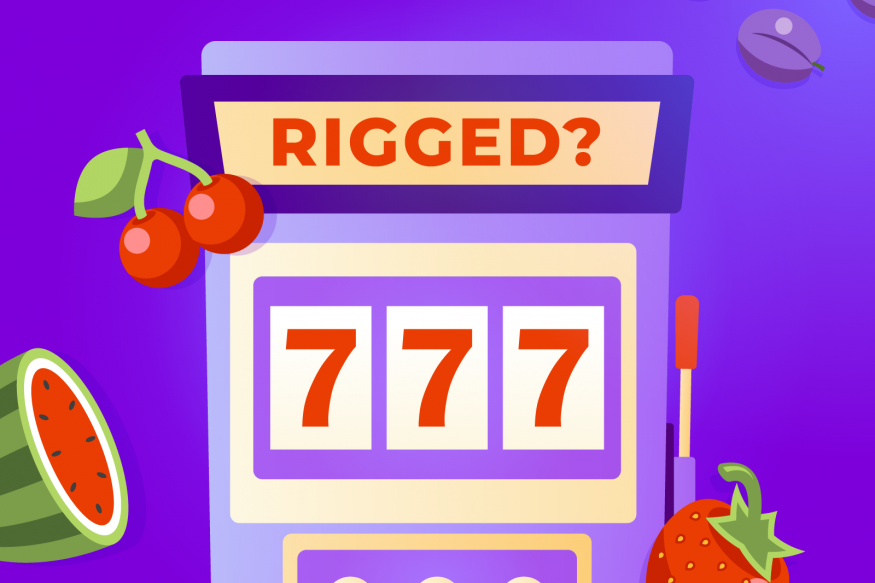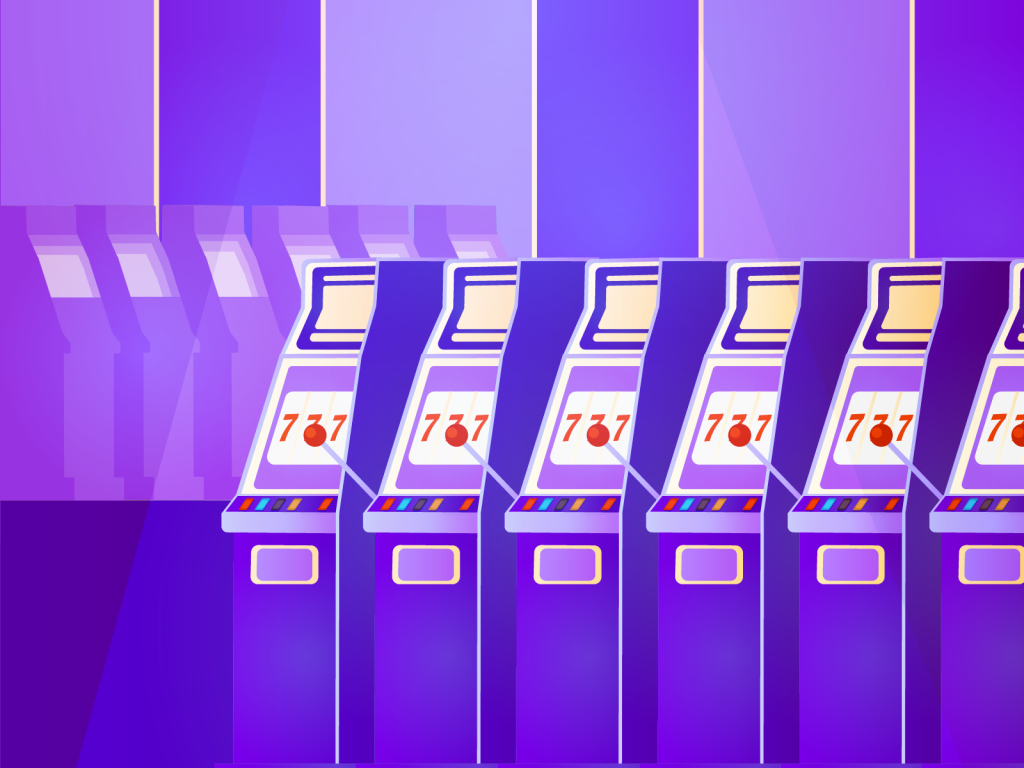Are Slot Machines Rigged? An Insider Dispels the Myths

Understanding Slot Machines: Are the Odds Fair?
Anyone who has worked in a casino has heard this question countless times: "Are these slots rigged?" The honest answer is more nuanced than a simple yes or no. While every slot machine is designed to give the house an edge-known as the return to player (RTP)-this doesn't mean the games are unfair or manipulated against players in the way many fear.
The RTP, or return to player percentage, represents the average amount a slot gives back to players over time. For instance, an RTP of 92% means that, on average, $92 is paid back for every $100 wagered. The remaining $8 is the casino’s built-in advantage. This mathematical edge ensures that casinos consistently turn a profit, but it does not mean that slot outcomes are fixed to prevent players from ever winning.
Why Slot Machines Aren't Secretly 'Rigged'
Casinos operate in highly regulated environments, with strict oversight from state and national gaming authorities. These licensing agencies often mandate a minimum RTP or payback that operators cannot dip below, ensuring a level of fairness and transparency.
Casinos that attempt to circumvent these requirements face severe penalties, including hefty fines and even loss of their gaming licenses. Beyond monetary consequences, any hint of dishonest dealing would seriously harm a casino’s reputation-no gambler wants to play at a venue known for cheating.
To maintain transparency, regulatory agencies closely monitor slot revenues and payout statistics, looking for irregularities. Many regions even publish monthly RTP reports, detailing average payouts for both individual venues and the broader market. This data allows informed players to compare casinos and spot any outliers.
Moreover, in markets where no official minimum RTP exists, other factors still encourage fair slot settings:
- **Player Experience:** Gamblers expect reasonable playing time and a fair shot at winning. A casino that never pays out will quickly lose business.
- **Competition:** If players feel a venue offers poor value, they'll simply move their gaming budget elsewhere, locally or even to top destinations like Las Vegas.
For example, Nevada casinos, where competition is fierce, typically offer slot RTPs between 90% and 94%. Even in more isolated regions like Maine, the figures remain competitive, with RTPs generally falling in the 89%-94% range. Poorly performing casinos risk losing customers to rival venues, no matter the location.
Debunking Common Slot Machine Myths

Plenty of myths surround slot machine placement and payout rates. One frequently heard belief is that machines near entrances or high-traffic areas are programmed to pay out more, so that passing players hear the sounds of winners and are encouraged to play.
Conversely, it's rumored that slots tucked away by buffet lines or table game areas are set tighter, attracting only casual players and reducing payouts. The reality, according to casino insiders, is far less dramatic.
While managers in the past may have experimented with varying machine placements and payout settings, such practices have become increasingly rare. Nowadays, even mid-sized casinos can house thousands of machines, making individual adjustments impractical. Most slot machines are ordered in large batches, and while they may arrive with selectable pay tables, casinos typically set entire denominations (like penny slots or $5 slots) at similar RTP rates across the floor-not favoring specific placements.
Regulatory standards further limit manipulation. For instance, in some jurisdictions, penny slots are required to have a minimum RTP, such as 86%. If every penny slot in a property is set just above that threshold, there's virtually no room to adjust individual payouts based on location.
Differences in payback among higher and lower denomination slots also remain modest. In Nevada, for example, the average penny slot returns about 90%, while a $5 slot returns around 94.5%. The spread is narrow enough that placement-based RTP differences are almost meaningless for everyday players.
The Realities of Slot Machine Operations
Every casino may approach its slot floor setup differently, but broad trends apply throughout the industry:
- Slot directors prioritize player traffic and machine utilization over minor RTP differences.
- Regulatory oversight means casinos are tied to strict, auditable payout structures.
- Free market competition keeps paybacks from straying too far from regional or national norms.
Ultimately, most players are better off focusing on their entertainment and bankroll management rather than chasing secret hot spots or payout patterns on the casino floor.
Conclusion: What Players Should Really Know
Despite persistent rumors and urban legends, slot machines in reputable casinos are not secretly rigged against players. While the house always holds a mathematical edge, regulatory controls and market competition promote fairness and transparency. Modern slot floors are set up to provide similar returns across denominations and locations. Myths about magically higher payouts near entrances or in “lucky” areas simply don’t align with industry practices.
The odds are set, and while most players will ultimately lose in the long term, every spin is just as random and fair as the last. If you’re enjoying your play, that’s the most important win of all.













